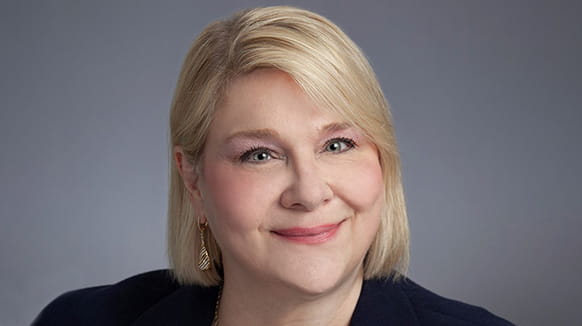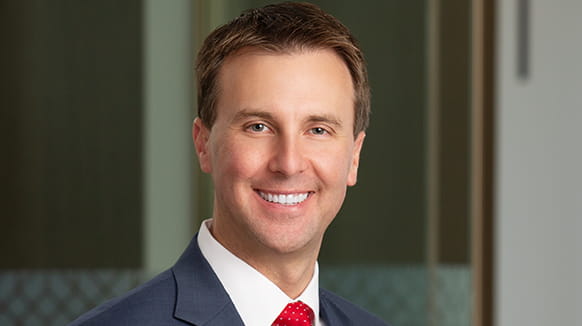Top DOJ officials unveiled a new whistleblower rewards pilot program at the ABA White Collar Conference in San Francisco last week. Attorney General Merrick Garland, Deputy Attorney General Lisa Monaco, Assistant Attorney General for the Criminal Division Nicole M. Argentieri and other officials laid out the policy behind the program and its general contours. They expressed their belief that this pilot will bring cohesion to the existing patchwork of whistleblower programs and assist prosecutors’ efforts in tackling a top priority for the department—white collar crimes committed by corporations and the individuals through which they act.
On Thursday, DAG Monaco announced that DOJ is engaged in a “90-day sprint” to develop a department-specific whistleblower rewards program. The program will mirror the existing programs implemented by the SEC, CFTC, and FinCEN, among others. In sum, the DOJ whistleblower program will provide monetary rewards for
- voluntary
- nonpublic
- truthful information
- not already known to the department
- by individuals who are not involved in the criminal activity and
- not otherwise eligible under other federal whistleblower programs.
As Monaco put it, “You have to tell us something we didn’t already know, and you have to be first in the door.”
Monaco highlighted that the department is especially interested in whistleblower tips involving criminal abuses of the United States’ financial system, foreign corruption cases outside the SEC’s jurisdiction, including violations of the Foreign Corrupt Practices Act by non-issuers and violations of the Foreign Extortion Prevention Act, and crimes involving artificial intelligence.
AAG Argentieri provided further details on the 90-day sprint and the pilot’s eligibility requirements. Like the SEC and CFTC’s whistleblower programs, the DOJ program will include a requirement that the tip lead to penalties above an undetermined monetary threshold. Argentieri reiterated that the sprint will provide the time necessary to assist with this and other determinations before finalizing a “thoughtful, well-informed program.” The Monetary Laundering and Asset Recovery Section, AUSAs, FBI, and other DOJ offices will work together in this process to map out the program and its requirements.
The whistleblower rewards pilot, in conjunction with DOJ’s continued focus on corporate disclosure and cooperation, provides opportunities for individuals to bring corporate fraud to light. Haynes Boone partners have substantial experience assisting corporations and individuals with navigating federal whistleblower programs and corporate disclosures across agencies, including DOJ, SEC, and CFTC. The DOJ whistleblower rewards program will be one more tool to help clients get out in front of corporate crime, mitigate potential fallout, and in some cases, reap the rewards for blowing the whistle.


